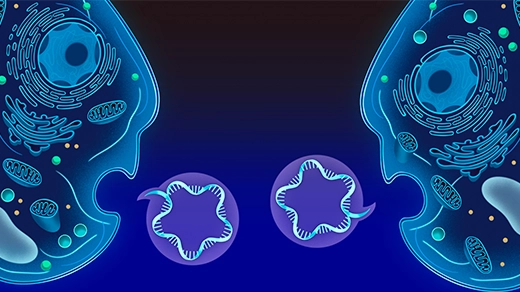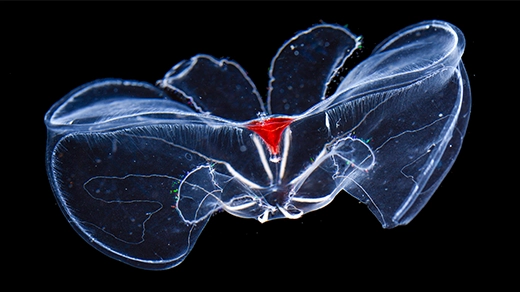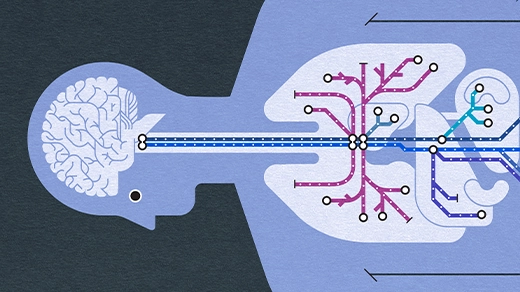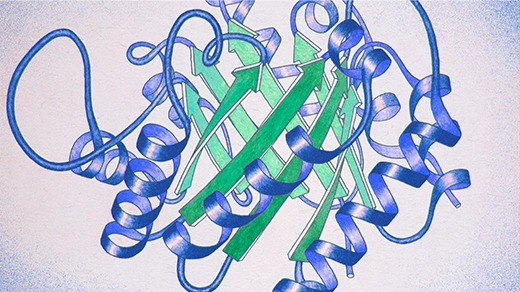What's up in
Biology
Latest Articles
How the Human Brain Contends With the Strangeness of Zero
Zero, which was invented late in history, is special among numbers. New studies are uncovering how the brain creates something out of nothing.
Even a Single Bacterial Cell Can Sense the Seasons Changing
Though they live only a few hours before dividing, bacteria can anticipate the approach of cold weather and prepare for it. The discovery suggests that seasonal tracking is fundamental to life.
How Can Math Help Beat Cancer?
Cancer treatment has come a long way in recent decades. But finding the best course of treatment for each case of this diverse, dynamic disease remains a challenge. In this episode, co-host Steven Strogatz speaks with computational biologist Franziska Michor about how math, statistical models and machine learning may be critical to the next generation of cancer care.
The Hidden World of Electrostatic Ecology
Invisibly to us, insects and other tiny creatures use static electricity to travel, avoid predators, collect pollen and more. New experiments explore how evolution may have influenced this phenomenon.

What Can Cave Life Tell Us About Alien Ecosystems?
Extremophiles, or microbes that live in the most seemingly hostile environments, are the darlings of astrobiologists, who study the potential for life beyond Earth. In this episode, co-host Janna Levin speaks with astrobiologist and cave explorer Penelope Boston about how life finds a way — and whether it might have found a way elsewhere in our solar system or around a distant star.
Cells Across the Tree of Life Exchange ‘Text Messages’ Using RNA
Cells across the tree of life can swap short-lived messages encoded by RNA — missives that resemble a quick text rather than a formal memo on letterhead.
The Cellular Secret to Resisting the Pressure of the Deep Sea
Cell membranes from comb jellies reveal a new kind of adaptation to the deep sea: curvy lipids that conform to an ideal shape under pressure.
How Our Longest Nerve Orchestrates the Mind-Body Connection
Like a highway system, the vagus nerve branches profusely from your brain through your organs to marshal bodily functions, including aspects of mind such as mood, pleasure and fear.
How Colorful Ribbon Diagrams Became the Face of Proteins
Proteins are often visualized as cascades of curled ribbons and twisted strings, which both reveal and conceal the mess of atoms that make up these impossibly complex molecules.







